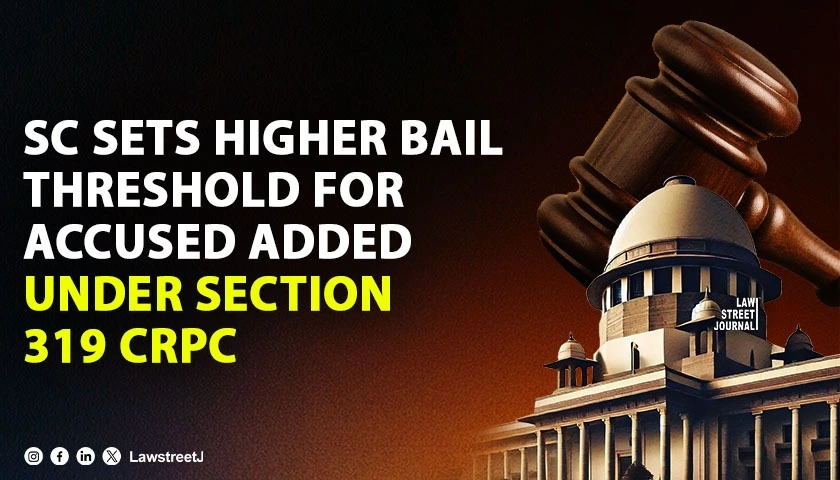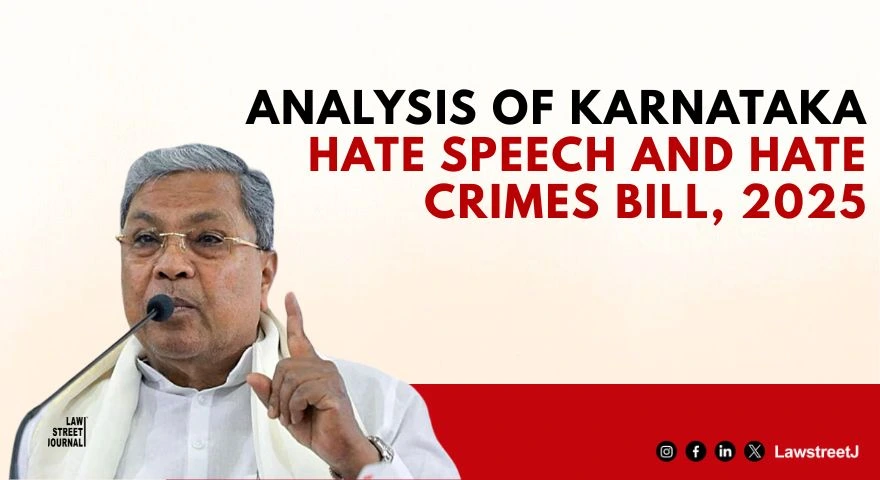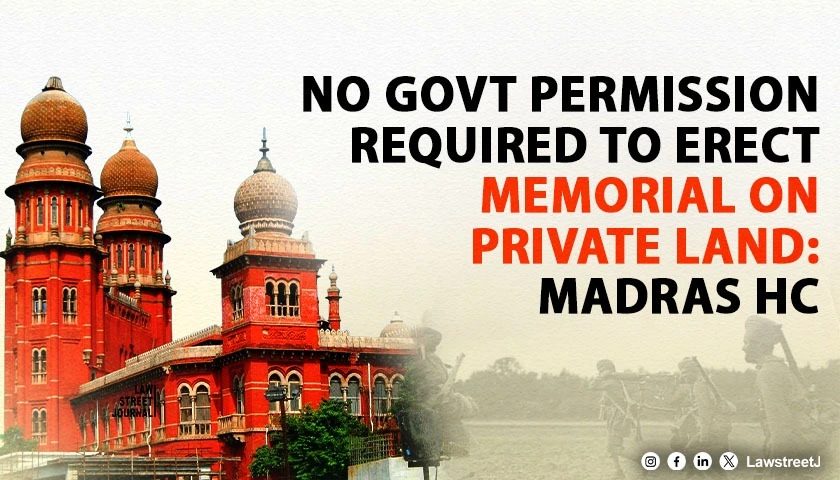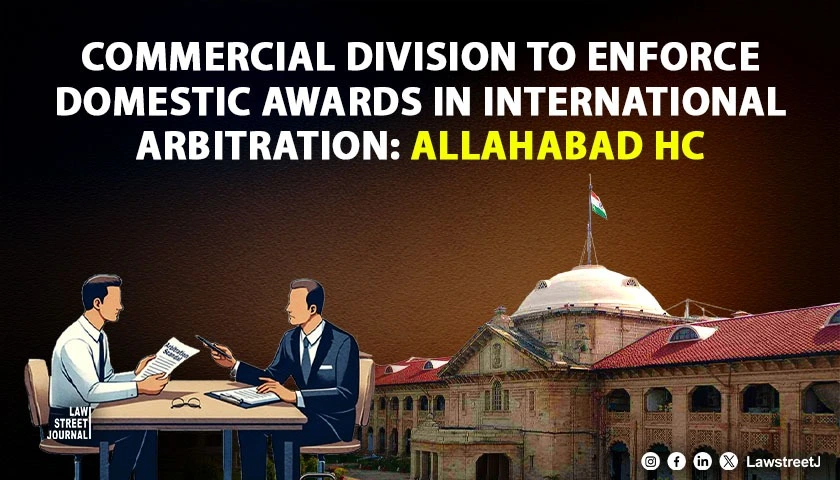While giving a judgment on a case titled Krishna Lal Chawla Vs. State Of U.P. where the role of the lower Judiciary in preventing abuse of criminal court process is emphasized, Supreme Court remarked:
The trial Judges have as much, if not more, responsibility in safeguarding the fundamental rights of the citizens of India as the highest court of this land.
This is a case that should not have been allowed to reach as far as this Court, the bench said while quashing an order of Magistrate who issued process in a complaint lodged after six years of filing a Non- Cognizable Report with respect to same incident against the same accused.
The court said that, on receipt of a private complaint, the Magistrate must:
- First, scrutinise it to examine if the allegations made in the private complaint, inter alia, smack of an instance of frivolous litigation; and
- Second, examine and elicit the material that supports the case of the complainant.
We are of the considered opinion that the trial courts have the power to not merely decide on acquittal or conviction of the accused person after the trial, but also the duty to nip frivolous litigations in the bud even before they reach the stage of trial by discharging the accused in fit cases. This would not only save judicial time that comes at the cost of public money, but would also protect the right to liberty that every person is entitled to under Article 21 of the Constitution, it added.
It would be only proper for this Court to deny any relief to a litigant who attempts to pollute the stream of justice by coming to it with his unclean hands. Similarly, a litigant pursuing frivolous and vexatious proceedings cannot claim unlimited right upon court time and publicmoney to achieve his ends, the court said.
The court also noted that justice dispensation machinery in India is plagued with backlogs, with 70% of the pendency before the subordinate courts being on the criminal side.
A significant factor in this backlog is the vast mass of frivolous litigation instituted year after year by litigants with an intent to use the courts of justice for their own mischievous ends. Curtailing such vexatious litigation is, thus, a crucial step towards a more effective justice system a step that cannot be taken without the active involvement of the lower judiciary, especially in criminal proceedings.
The court noted that immediately after the criminal justice system is set in motion, its course is almost entirely dependent on the judicial application of mind by the Magistrate. It added that the power to issue a summoning order is a matter of grave importance, and that the Magistrate must only allow criminal law to take its course after satisfying himself that there is a real case to be made.
When a police complaint is filed on the commission cognizable offence under Section 154 CrPC, the Magistrate decides if the charge against the accused person is made out before the trial begins. Separate procedure is prescribed if the complaint under Section 200 CrPC is filed. The aforesaid provisions make it abundantly clear that the Magistrate carries the stream of criminal proceeding forward after it is set in motion by the informant/complainant. Consequently, and automatically, the Magistrate also carries the responsibility for ensuring this stream does not carry forward in cases where it should not.
In the instant case, the court noted that the Magistrate was aware of the significant delay in the filing of private complaint and of the material improvements from the earlier NCR No. 158/2012 which were made in the private complaint.
It was incumbent on the Magistrate to examine any possibility of abuse of process of the court, make further enquiries, and dismiss the frivolous complaint at the outset after judicial application of mind, it was noted.
The judgment was given by Justices Mohan M. Shantanagoudar and R. Subhash Reddy

![Magistrates And Trial Judges also Have a Responsibility in Safeguarding Citizens' Fundamental Rights: SC [READ JUDGEMENT]](/secure/uploads/2021/03/lj_3218_court_of_india.jpg)






